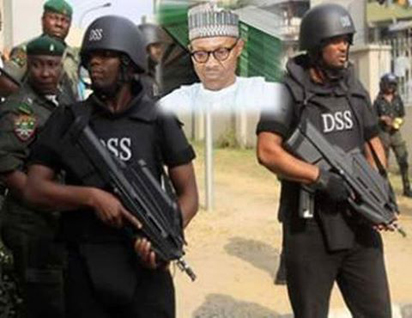
From Kemi Yesufu and Ndubuisi Orji, Abuja
Opening up for the first time since the October 7-8 midnight raid on the homes of some senior judges, Attorney General of the Federation (AGF) and Minister of Justice, Abubakar Malami explained why the “State” sanctioned the move by the Department of State Security (DSS) in different parts of the country.
Malami, who spoke during an investigative hearing by the Hon. Garba Datti-led House of Representatives Ad-hoc Committee investigating cases of invasion of property and arrest of persons for reasons outside the general duties insisted that the DSS acted within the law in its operations.
The committee had earlier threatened to issue a warrant of arrest against the AGF if he failed to appear before it on Tuesday, November 29.
Malami told lawmakers that investigation of the judges stemmed from multiple petitions sent to his office and other security agencies of which the National Judicial Council (NJC) was duly informed but failed to act on them.
He also disclosed that some of the arrested judges have no asset declaration record with the Code of Conduct Bureau (CCB), as mandated by law.
Malami, further told the committee that the Economic and Financial Crimes Commission ( EFCC ) is not the only agency empowered by law to investigate financial crimes and stressed that there were reasonable grounds for suspicion of the affected judges.
He said as long as the National Assembly has not abrogated Decrees promulgated by the military since 1966, the laws remain valid.
Asked if he specifically instructed the DSS to carry out the operation or the security agency acted on its own and whether other security agencies were also instructed to investigate the judges, Malami responded that agencies have an obligation to carry out the functions which they were empowered by law to do.
“When we are talking about constitutional obligations, it goes without saying that all state instruments, Ministries, Departments and Agencies (MDAs) are under obligation, inclusive of the Legislature and the Judiciary to take steps that will abolish corrupt all practices.
“It was in respect of that obligation that whatever issue arise from the search and arrest of the judicial officers were carried out.
“The State was in receipt of multiple petition of corrupt practices by the judicial officers and there was further apprehension that, if immediate steps were not taken, the possibility of dissipating existing evidence that were believed to have being kept within their respective domain will eventually be tampered with.
“Arising from the responsibility created and established by Section 15 of the Constitution, the State had to act,” said Malami.


